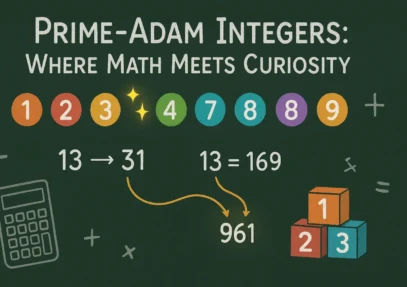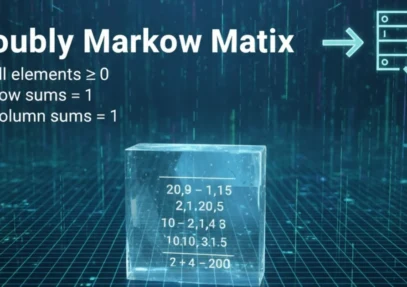How does Jainism address the concept of non-violence?
The stadium with the highest seating capacity in the world is the Narendra Modi Stadium, located in Ahmedabad, India. It is primarily a cricket stadium and has a seating capacity of 132,000 spectators. Key Features of the Narendra Modi Stadium: 1. Location: Ahmedabad, Gujarat, India. 2. Primary Use:Read more
The stadium with the highest seating capacity in the world is the Narendra Modi Stadium, located in Ahmedabad, India. It is primarily a cricket stadium and has a seating capacity of 132,000 spectators.
Key Features of the Narendra Modi Stadium:
1. Location: Ahmedabad, Gujarat, India.
2. Primary Use: Cricket matches, including international and domestic games.
3. Inauguration: Renovated and reopened in February 2021.
4. Facilities:
Modular seating for flexibility.
76 corporate boxes.
Advanced drainage system allowing quick resumption of play after rain.
Multiple dressing rooms and training facilities.
Other High-Capacity Stadiums (Non-Cricket):
Rungrado 1st of May Stadium (Pyongyang, North Korea): Capacity of 114,000; used for football and athletics but also hosts mass games and events.
Michigan Stadium (Ann Arbor, USA): Capacity of 107,601; primarily for American football.
While the Narendra Modi Stadium tops the list for cricket, the Rungrado 1st of May Stadium is often cited as the largest for multi-purpose events.
See less






Causes Behind the Great Revolt of 1857 The Great Revolt of 1857 was a watershed moment in Indian history, caused by a combination of political, economic, social, cultural, and military factors. However, it is debated whether it can truly be called the "First War of Independence" since the movement lRead more
Causes Behind the Great Revolt of 1857
The Great Revolt of 1857 was a watershed moment in Indian history, caused by a combination of political, economic, social, cultural, and military factors. However, it is debated whether it can truly be called the “First War of Independence” since the movement lacked nationalistic unity, and most leaders fought for local or personal reasons rather than a unified national cause. Below is a detailed account of the causes, with a discussion on why it was not a nationalist movement.
Each of these leaders had localized ambitions, and there was no concerted effort or vision to overthrow British rule across the subcontinent.
Conclusion
While the Great Revolt of 1857 was a significant challenge to British authority, it lacked the ideological and organizational unity required to be termed a “war of independence.” The rebellion reflected widespread grievances against British policies, but the absence of a cohesive nationalist agenda and the localized ambitions of its leaders underscore why it cannot be seen as India’s first unified fight for freedom. Nonetheless, it laid the foundation for future struggles, which eventually culminated in the Indian independence movement led by a united nationalist front.
See less